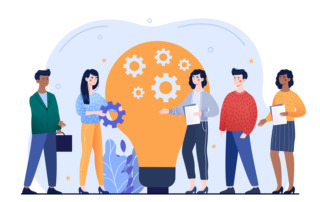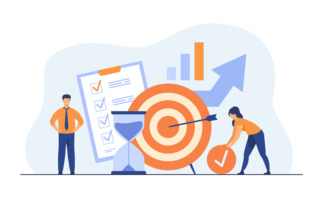7 Practical Mental Models for Digital Agency Owners’ Success
A guest post by Build A Better Agency Sponsor Manish Dudharejia from e2msolutions Building and scaling a digital agency comes with its unique set of challenges. In the dynamic world of digital marketing, success often hinges on making effective decisions. To navigate this landscape, digital agency owners can benefit from adopting practical mental models that serve as guiding frameworks for decision-making. Let's explore seven such practical mental models that can contribute to the success of digital agency owners. Build with Generalists, Scale with Specialists In the words of venture capitalist Vinod Khosla, "While Building, Hire Generalists While Scaling, Hire Specialists." This mental model underscores the importance of crafting an agile and versatile team during the initial stages of building your agency. Generalists bring a diverse skill set to the table, enabling the agency to adapt to various challenges. As the agency grows, the focus shifts to specialization. Specialists bring in-depth knowledge and expertise, allowing the agency to delve deeper into specific niches and provide unparalleled services. Striking a balance between generalists and specialists ensures a robust and adaptable team capable of meeting the evolving needs of clients. Hire Job-Doers, Title-Givers Later Often, rigid job titles can limit the potential of team members. The mental model here suggests "Hire people who’re doing a job without a job title and then give a title to them." This approach encourages agency owners to prioritize skills and performance over predefined roles. By recruiting individuals based on their ability to get the job done, agency owners can assemble a team that is not bound by traditional job descriptions. After understanding each team member's strengths and contributions, titles can be assigned accordingly. This flexible approach fosters a culture of adaptability and [...]









